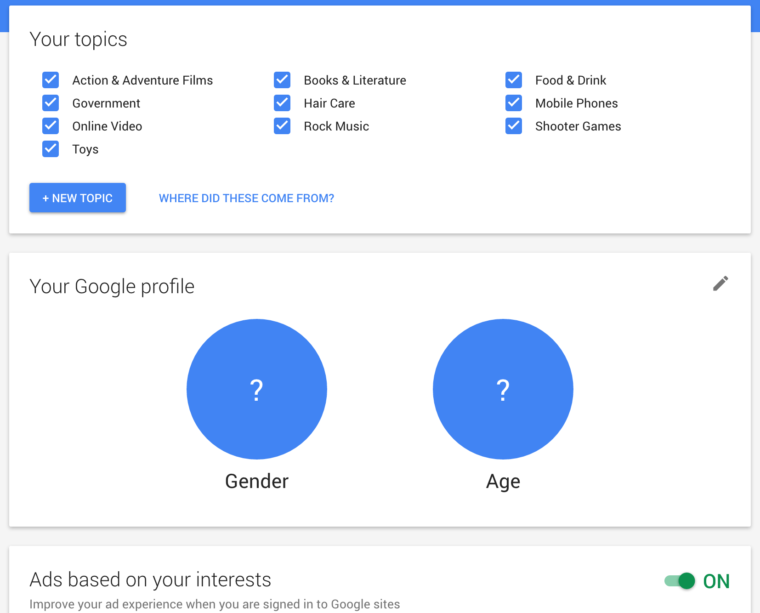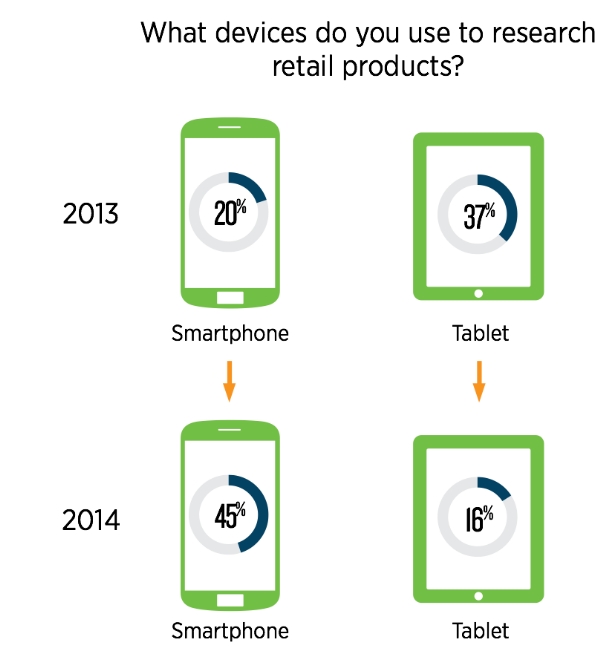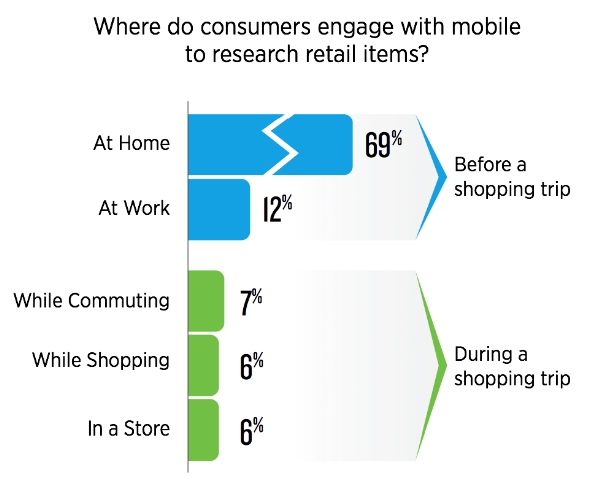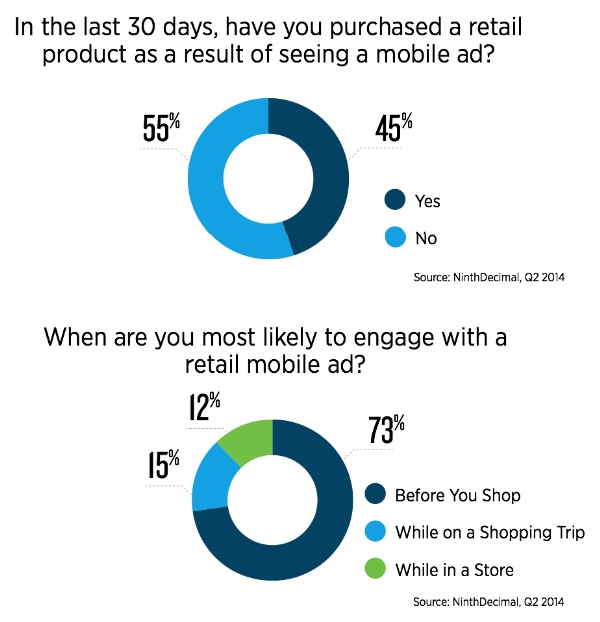
It is no secret that many consumers often get annoyed with ads. Either they get worn down by sites that go overboard with ads littered across their pages or they just get tired of seeing ads that aren’t relevant or interesting to them. Thankfully, Google has found a way to give users the power to only see the ads they want.
Google is sending out notifications to users through Chrome and Gmail alerting them to a new web portal which puts the power to control ads into the users’ hands – among many other things.
The opt-in service allows you to voluntarily give Google a small number of personal details and surveys your interests to better target ads that are actually useful to users.
The feature is a part of Google’s new portal called ‘My Activity’, which displays all your activity across Google and Google devices in reverse chronological format including your past searches, visited websites, Map searches, and ads you’ve interacted with.
Obviously this might make many people nervous to see all the information Google can collect and store about their activity, but the portal also gives you the power to delete any information you don’t want to be there.
The ability to control the ads you see is specifically in a section of the portal called Ads Personalization. Here you will find checkboxes on topics you want to see ads on, along with sections to provide your age and gender.

If you turn on the feature, Google will use this information to serve you ads based on your previous search history, recently watched videos on YouTube, and other information you provide. Conversely, by opting in you are agreeing to provide Google with information about ads you have interacted with.
Users who don’t opt-in will be shown ads based on other more general information such as location data.
Google is far from the first company to use user data to target ads towards users. In fact, they’ve been doing this for years. However, this is possibly the first time a company has so transparently allowed users to control what information is being collected and how it is being used to serve them ads.








